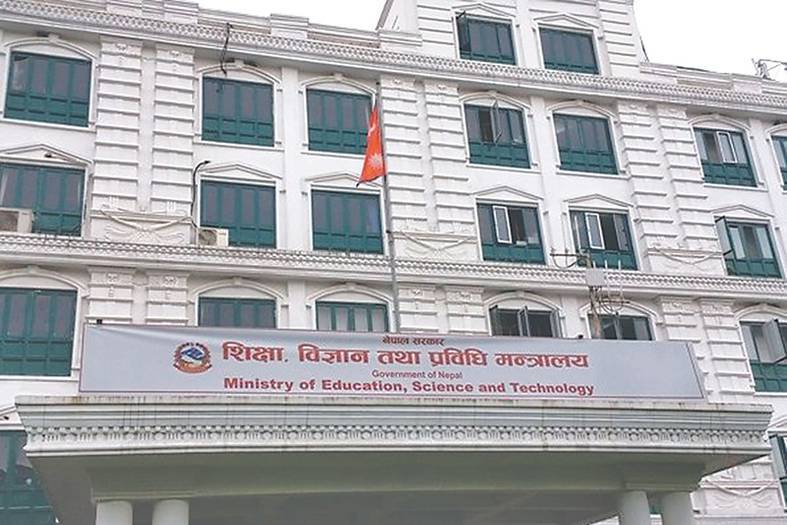Kathmandu: Ministry of Education, Science, and Technology (MoEST) of Nepal has unveiled a pioneering draft of the ‘Science and Technology Bill,’ aimed at bolstering research and innovation across the nation.
The draft legislation, recently published on the ministry’s official website, invites feedback from stakeholders, the general public, and elected representatives within a 15-day period from its release.
Central to the proposed bill is the establishment of a high-level Science, Technology, and Innovation Council to be chaired by the Prime Minister. This council is envisioned to provide strategic guidance and oversight in advancing Nepal’s capabilities in science and technology.
Currently, the Nepal Academy of Science and Technology (NAST) has been at the forefront of driving innovation and research within the country.
Key provisions of the draft include the formulation of a comprehensive master plan, enhancing research coordination between government and non-government entities, promoting innovation, and facilitating the commercialization of research findings.
In alignment with the government’s upcoming fiscal year 2024/25 policy and programs, universities, schools, researchers, and scientists will be mobilized to actively participate in scientific research and innovation endeavors. The initiative also aims to engage non-resident Nepalis in contributing to these efforts.
Furthermore, the draft outlines plans to revise university curricula to incorporate science, communication, and information technology studies, reflecting contemporary educational needs. Addressing intellectual property rights, the government has committed to streamlining the patent registration process for products and knowledge emerging from research and innovation initiatives.
Indu Bikram Joshi, Joint-Secretary at MoEST, highlighted that the bill’s implementation would bring clarity regarding the establishment of a dedicated fund for science and technology development. He emphasized that increased investment and transparent spending modalities are expected to catalyze progress in these fields.
The draft legislation proposes a significant increase in budget allocation, aiming to earmark at least one percent of Nepal’s GDP for research and innovation activities, up from the current 0.30 percent.
While estimates indicate the presence of approximately 120 institutions and over 90,000 professionals in Nepal’s science and technology sector, the ministry acknowledges the need for precise data to guide future policy decisions.
